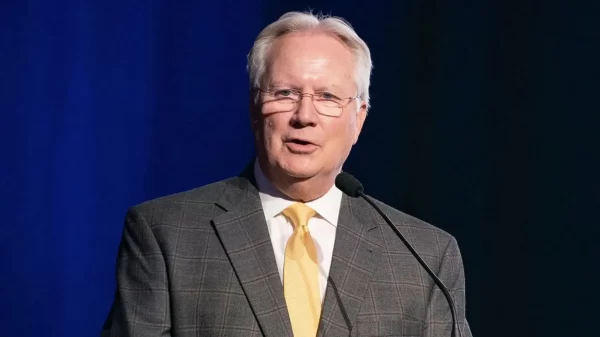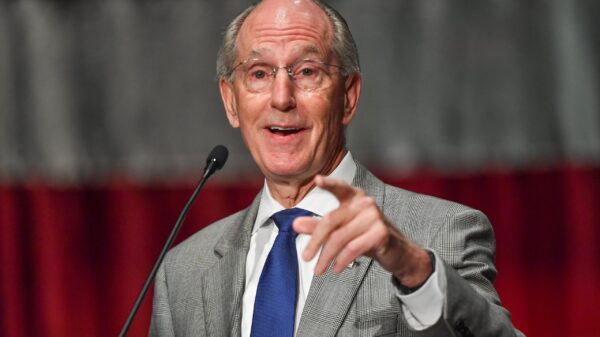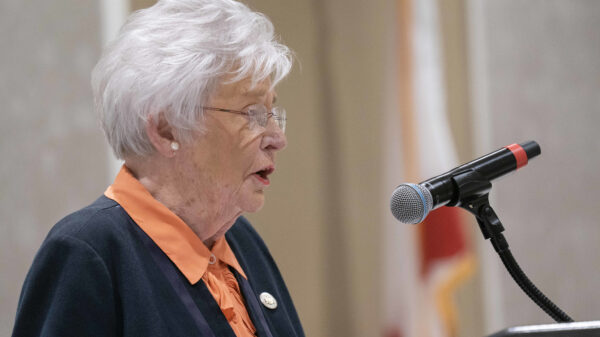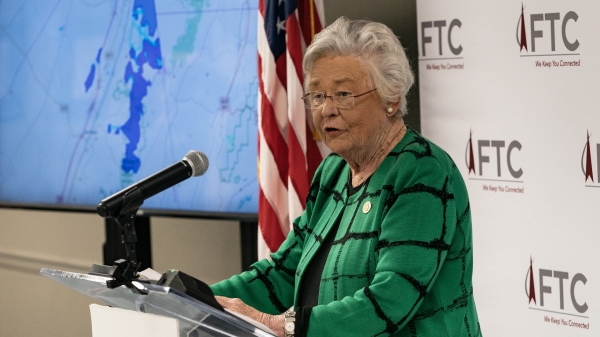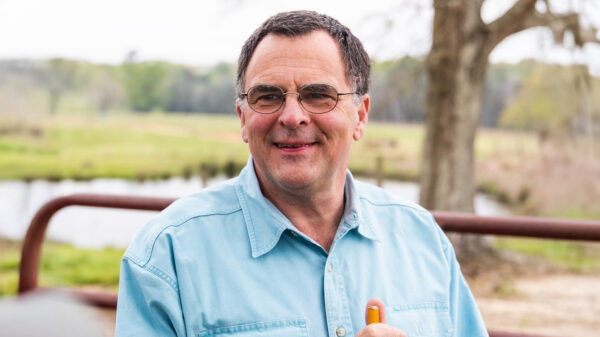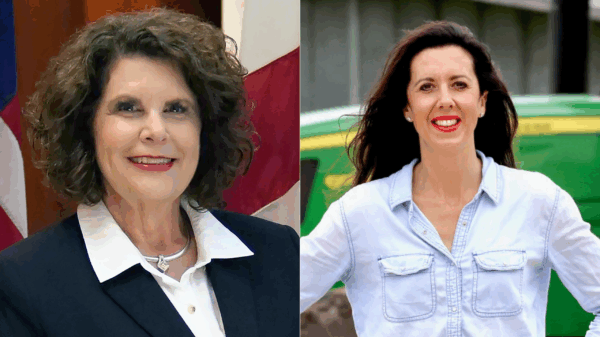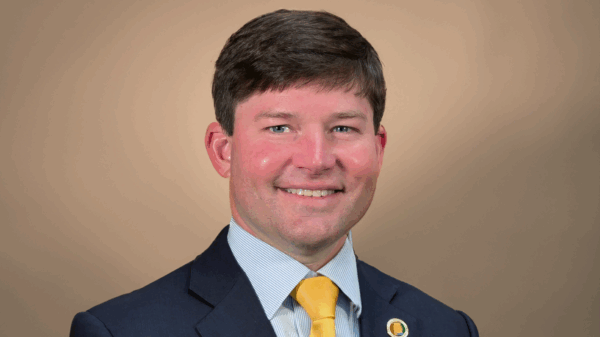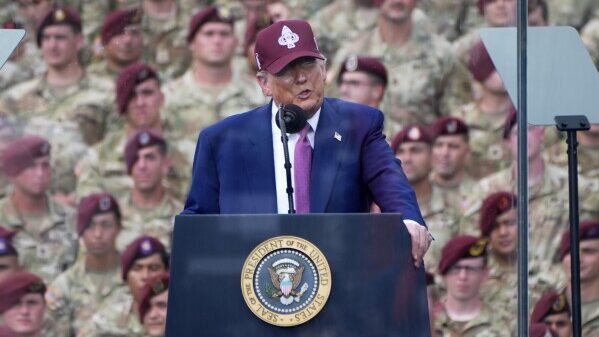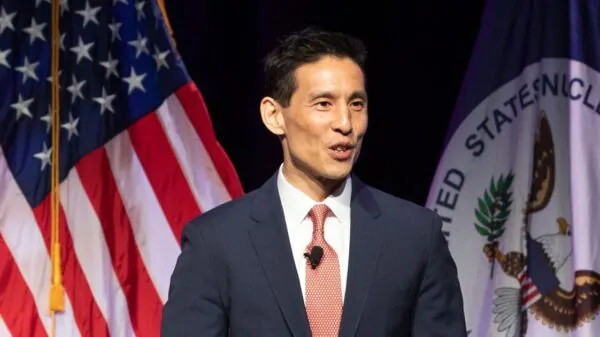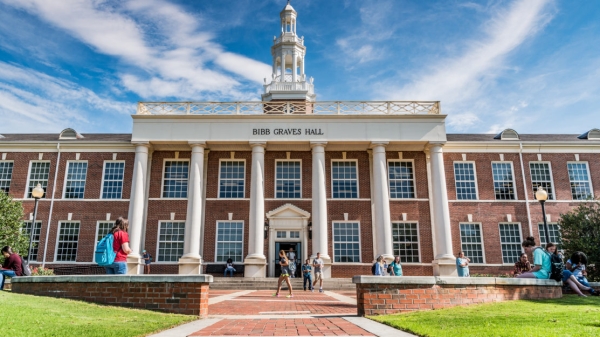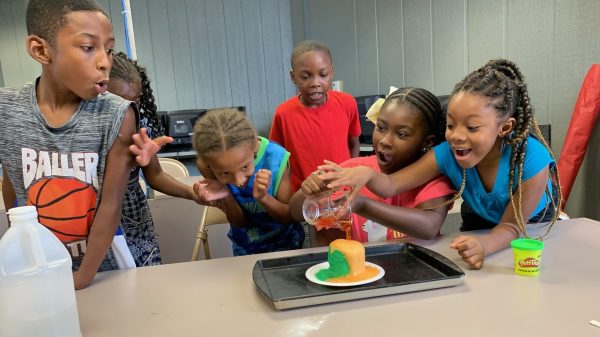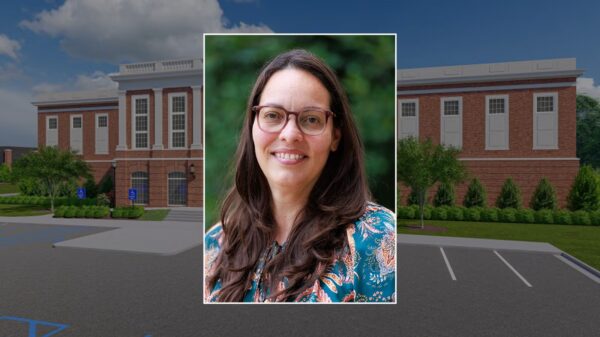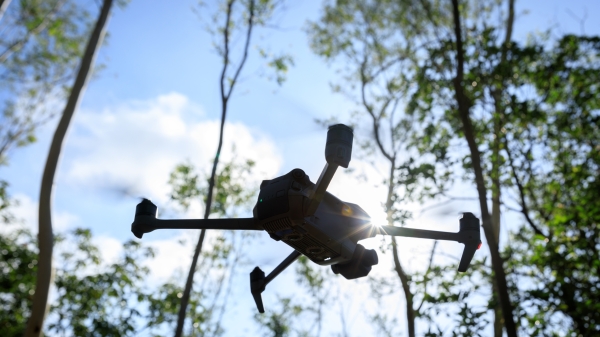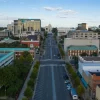Montgomery Mayor Steven Reed said he held a productive phone conversation with Governor Kay Ivey on Wednesday, and he pledged to work with her and state officials to tackle crime and create a safer community in Montgomery in the wake of a mass shooting that took place in the city’s downtown area last weekend.
Reed publicly thanked Ivey for the phone call on a post on X. He stated during an interview on the Alabama Politics This Week podcast that he was open to working with any state or local leaders who were genuinely concerned with making the city safer.
“There is a lot of political posturing going on right now,” Reed said during the interview. “That’s not helpful. But I’ve said all along that we will work with anyone. The more manpower, the better, as far as we’re concerned. We’ve had a partnership with (the Alabama Law Enforcement Agency) for some time now and I think that’s been very effective.”
However, Reed pushed back on the notion that simple manpower was going to solve the issues in Montgomery.
During Saturday’s shooting, which came following a day filled with activities and tourists in the city, multiple police officers were nearby when the first shots rang out. Reed and Montgomery Police Chief Jim Graboys have each said that an officer was within 50 feet of the original shooter at the time. On security video shared on social media, an officer can be seen entering the area within seconds of the shooting.
“I don’t think if you had ALEA or anybody else (patrolling Saturday) that what happened there was going to change,” Reed said. “That’s unfortunate to say because that’s a reckless mindset that people may have. But that wasn’t going to prevent it. We might want to think that. But I have a hard time believing that.”
In addition to more bodies on patrol, Reed said he’s interested in talking with state officials about other ways to curtail crime—more long-range efforts that have proven effective in other states and cities. In some cases, those are things that he and Montgomery officials have tried to implement in the past, such as an occupational tax that would allow the city to hire more officers and a regulation requiring anyone carrying a firearm in certain areas to present ID and documentation showing the weapon is properly licensed. Both of those efforts were shot down by state leaders.
“You can’t say that we don’t want the funding for (these initiatives) and still put the blame on others,” Reed said. “You can’t say we’re not going let you have the funding for two officers in the same police car, effectively defunding the police, and then say you don’t have enough police. You can’t have it both ways.
“The narrative seems to be that majority black and brown communities only need (more) policing, only need more jails. They don’t need things on the front end like community centers, after school programs, athletic programs, real peer mentoring programs, trauma initiatives and counseling—things that help these young people after school during those times when their parents are working usually a second job into the evening or on Saturdays. These initiatives that do help these young boys, these young girls really get structured mentoring and assistance where they need it. So it’s not just arrest them all. We’re not going to arrest our way out of this. We’ve got to do this holistically.”
You can hear Reed’s full interview at the Alabama Politics This Week website or you can listen to the episode on all major podcast platforms.

